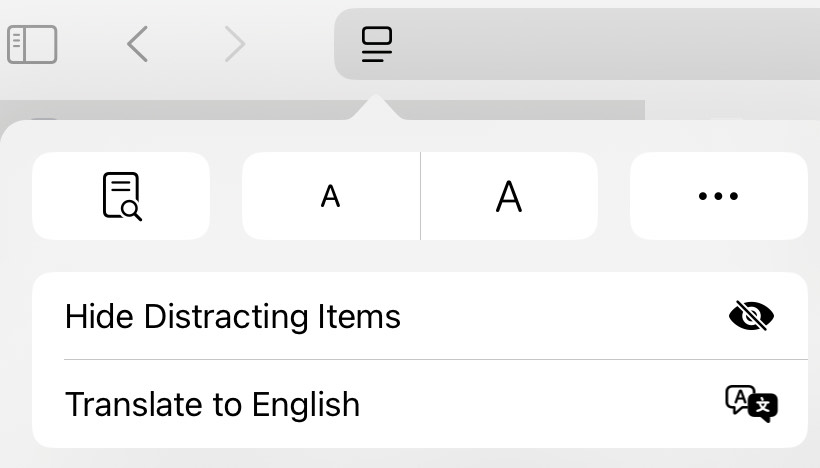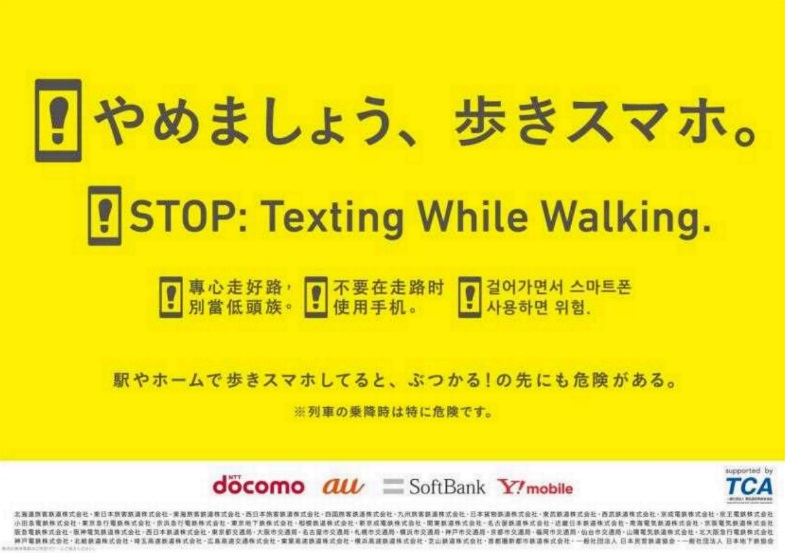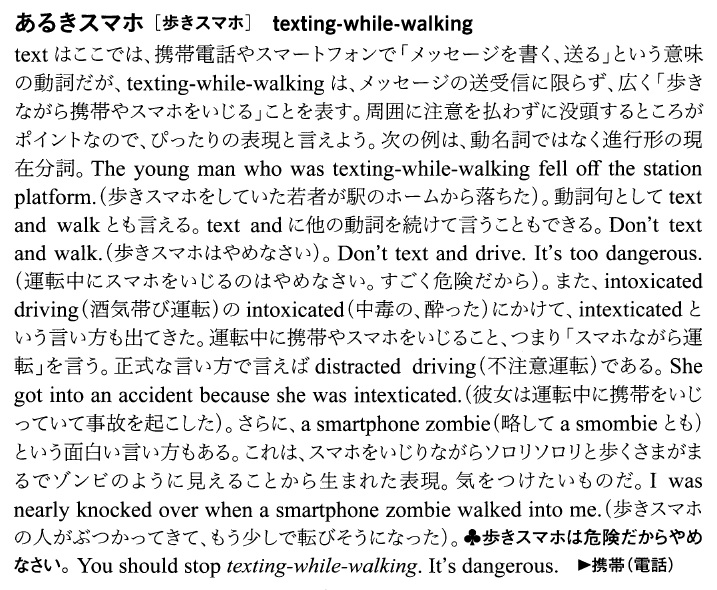Distract / Distracting / Distraction
2025/03/19
気を散らす、 気が散る、 気を散らすもの
「 気が散る 」 といったら、 まず ” distract “。
【発音】 dɪstrˈækt
【音節】 dis-tract (2音節)
集中できず、いらつかせる
頭がむしゃくしゃする感じがにじみ出る動詞。
思い通りに集中できなくて、 もう頭に来るぜ。
「 行為 」だから、 動詞。
その 「 状態 」であれば、 形容詞 ” distracting “。
品詞と和訳の問題は、” aware “ と ” vocal ” で詳らかにした。
–
◆ 語源は、 ラテン語 「 引き離す 」( distractus )。
–
- distract
他動詞 「 気を散らす 」 ※ 自動詞はない
– - distraction
名詞 「 気を散らすもの 」「 注意散漫 」–
※ 可算名詞と不可算名詞を兼ねる
–
- distracting
形容詞 「 気が散る(状態)」
–
◆ 日常的によく使われている印象があるものの、
英単語全体から見ると、 いずれも頻出とは言えない。
LDOCE6 ( ロングマン ) の表記によれば、
■ 他動詞 “ distract ”
・ 重要度 : 3001~6000語以内
・ 書き言葉の頻出度 : 3000語圏外
・ 話し言葉の頻出度 : 3000語圏外
【発音】 dɪstrˈækt
【音節】 dis-tract (2音節)
–
■ 名詞 “ distraction ”
・ 重要度 : 6001~9000語以内
・ 書き言葉の頻出度 : 3000語圏外
・ 話し言葉の頻出度 : 3000語圏外
【発音】 dɪstrˈækʃən
【音節】 dis-trac-tion (3音節)
–
■ 形容詞 ” distracting ”
・ 指標の記載なし
【発音】 dɪstrǽktɪŋ
【音節】 dis-tract-ing (3音節)
3語とも、 第2音節に強いアクセント( 強勢 )。
初っ端の ” dis ” に、 強いアクセントは 来ない。
日本人学習者が、 間違いやすい点である。
「 音節 」 の日英比較は、 ” integrity ” で事細かに
ご説明している ( 図入り、 動画入り )。
 –
–
▲ ブラウザ Safari 18.2
–
–
◆ 基本となる ” distract ” をしっかり学べば、
“ distraction ” と ” distracting ” も理解しやすい。
- ” I was distracted by the noise.”
( 騒音で気が散ってしまった。)
ー - ” Don’t distract me ! ”
( 気が散るから邪魔するなよ!)
– - ” Sorry for distracting you.”
( 邪魔してごめん。)
ー - ” Am I distracting you ? ”
( 私がいると気が散りますか? )
→ ” Am I disturbing you ? ”
( お取り込み中ですか? )
ー - ” He seems distracted.”
” He appears distracted.”
( 彼は注意散漫に見えます。)
– - ” I flipped my iPhone over so I don’t get distracted.”
( 気が散らないように、 iPhone を裏返した。)
( 集中するため、 iPhone を裏返した。)
– - ” My dog is distracting me ! ”
( 愛犬が邪魔するの ! )
– - ” Distracting a military service dog is illegal.”
( 軍用犬の気を散らす行為は違法である。)
– - ” Make sure dogs are restrained so they
cannot distract you while you are driving.”
( 運転中に気が散らないように、
犬をつないでおいてください。)
– - ” Thousands have died in car crashes because
drivers are distracted by cell phones.”
( 運転手が携帯電話に気を取られたため、
数千人が自動車事故で死亡している。)
ー - ” Don’t let it distract you.”
( そんなものに気をとられるな。)
– - ” She is so easily distracted.”
( 彼女は気が散りやすい。)
ー - ” Get rid of distractions in your workspace.”
( 気の散るものを作業スペースから追放しなさい。)
ー - ” I have a high tolerance for distraction.”
( 私はめったなことでは気が散らない。)
( 私は気が散りにくい。) –※ 集中力がある
ー - ” I wanted to distract myself from reality.”
( 私は現実から目をそらしたかったのです。)
ー - ” I want to avoid distractions while studying.”
( 勉強中は気が散るものを遠ざけたいのです。)
ー - ” Sleep deprivation leads to distracting thoughts
at work.”
( 睡眠不足は、仕事中の雑念を招く。)
ー - ” My PC is packed with distractions.
I need a distraction-free typewriter.”
( 私のパソコンは気が散るものが満載。
気が散らないタイプライターが必要ね。)
– - ” Please take the exam in a quiet,
distraction-free environment.”
( 静かで気の散らない環境で受験してください。)
- ” If you wake up earlier, there are no distractions.”
( もっと早起きすれば、一切気が散らずに済む。)
( 早めに起きれば、 集中できる。)
ー - ” This music is so distracting.”
( この音楽、 すごく気が散るわ。)
ー - ” distracted driving”
( ながら運転 )( 不注意運転 )
※ 漫然運転、 脇見運転を含む
ー - ” Distracted driving is preventable.”
( 不注意運転は防げる。) ( ながら運転は防げる。)
ー - ” Distracted Driving Awareness Month”
( 不注意運転啓発月間 ) ( ながら運転啓発月間 )
ー - ” distracted walking”
( ながら歩き )
–
→ 「 歩きスマホ 」 などが好例。
” texting-while-walking ” または ” walk and text ” とも表現する。
–
「 複合名詞 ( compound noun )」 として、 ハイフンでつなぐ
表記が原則とされるものの、 ハイフンなしの動詞句( verb phrase )
も普通に目にする。
–
 –
–
▲ 2017年 「 やめましょう、歩きスマホ。」 キャンペーン
–
私たちは英語学習者である以上、 ハイフンの基礎知識
は押さえておきたい。
–
【発音】 háifn
【音節】 hy-phen (2音節)
–
◆ 以下、 全文。
–
–
『 最新日米口語辞典 [ 決定版 ] 』 p.62.エドワード・G・サイデンステッカー(編)、 松本道弘(編)
朝日出版社、 2021年刊
<朝日出版社HP>
–
–
◆ 名詞 ” distraction ” のマイナー用法が、 「 気晴らし 」 「 はけ口 」。
- ” I enjoyed the distractions of the Internet at the time.”
( あの時、インターネットで気晴らしをしていました。)
– - ” I need a distraction.”
- ” I need an outlet.”
- ” I need to distract myself.”
( 気晴らしが必要なのです。)
–
◆ ” distract attention “ で、「 注意をそらす 」。
” attention ” とは、 名詞「 注意 」。–
【発音】 əténʃən
【音節】 at-ten-tion (3音節)
–
機内アナウンスなどの呼びかけ
「 アテンション プリーズ 」
” Attention, please. ” のそれ。
–
” attention ” は、この用法では不可算名詞となる。
–
日頃から見聞きするフレーズなので、 併せて覚えておこう。
- ” He tried to distract attention from his scandals.”
( 自分のスキャンダルから注意をそらすように彼は仕向けた。)
ー - ” Texting while driving can distract your attention.”
- ” Texting and driving can distract your attention.”
( 運転中に携帯メールを打つと注意散漫になりうる。)
ー - ” Don’t distract attention from the issue.”
( その問題から目をそらさないでください。)
ー
ー
【類似表現】
- ” Annoy / Annoying ”
https://mickeyweb.info/archives/490
( 困らせる、 うざい )
